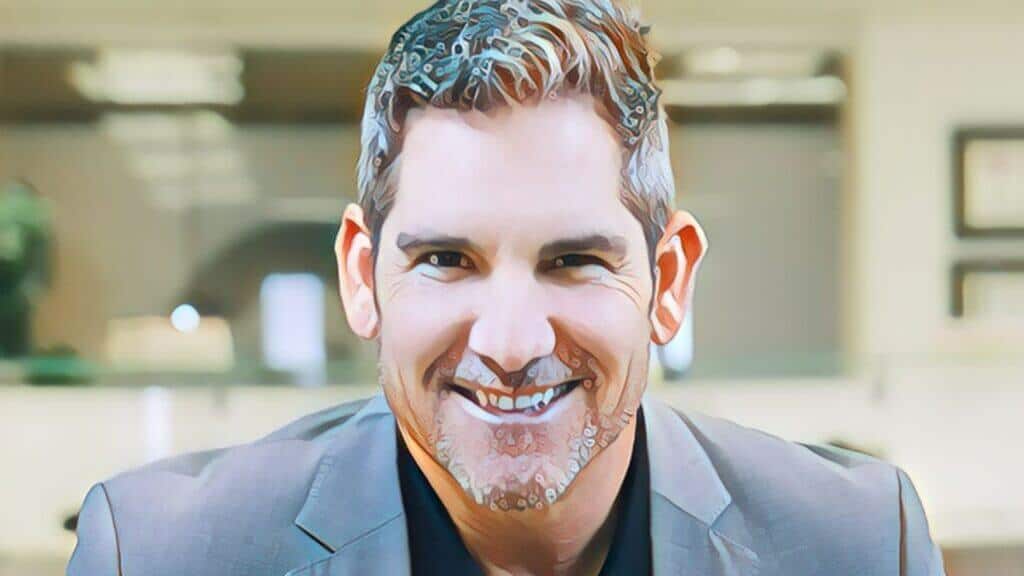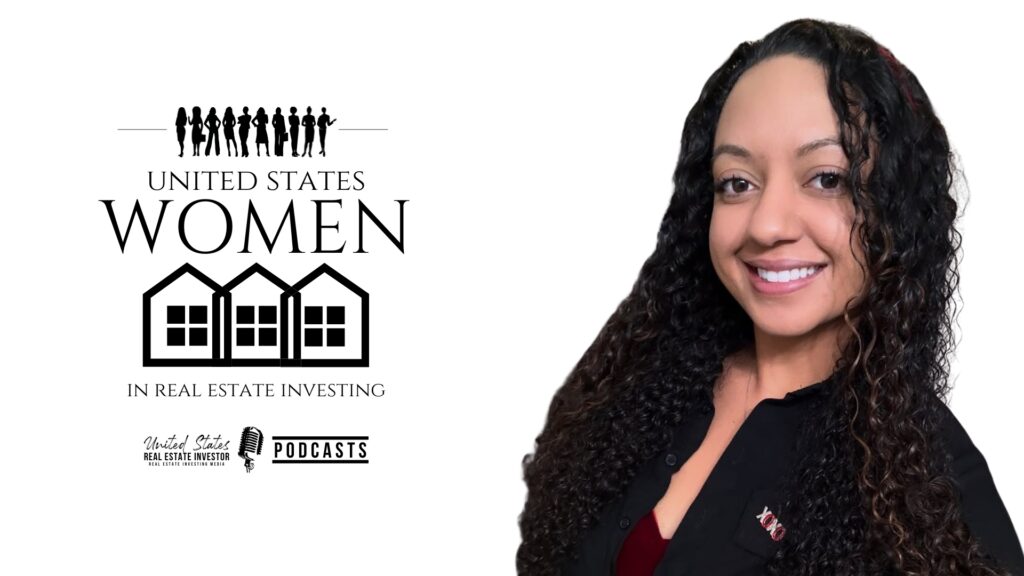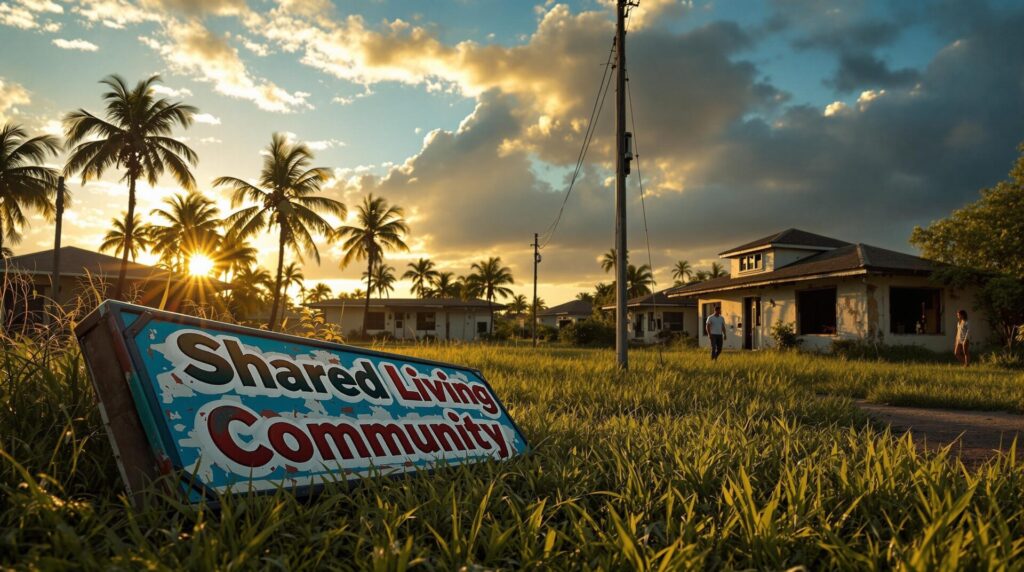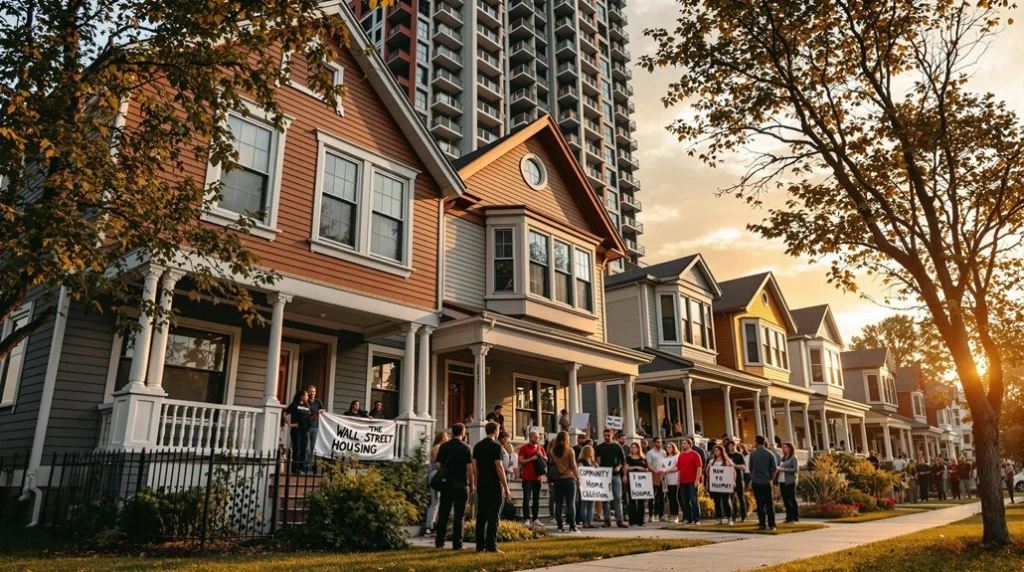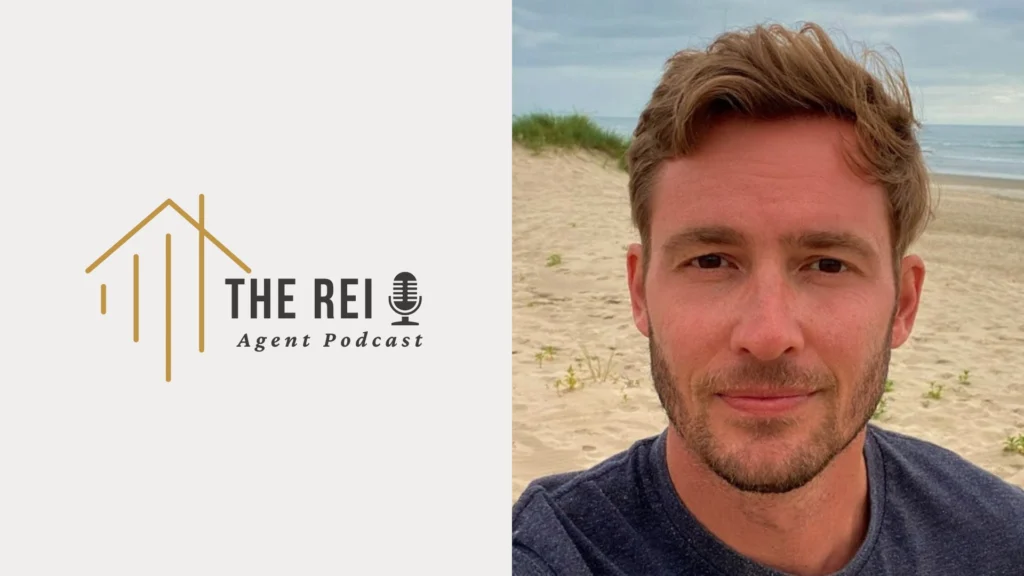The quintessential American dream of owning a home, a symbol of financial security and independence, has been challenged by real estate investment savant Grant Cardone. He argues that the most prevalent, yet worst financial decision people make is buying a home.
This viewpoint, emanating from an individual who has made millions through real estate investments, might sound paradoxical. However, Cardone, or Uncle G as he’s affectionately known, substantiates his claim with compelling arguments and provides an alternative approach.
The Myth of Home Ownership
Cardone questions the widely-held belief that buying a home is a wise investment. He reasons that people might be pursuing this path either due to a lack of financial education or because they are blindly chasing the American dream. He vehemently believes that this trajectory needs to change, especially when it leads to substantial debt.
The Unseen Costs of Buying a Home
Uncle G paints a vivid picture of the financial repercussions of homeownership, using a hypothetical example of a $576,000 home held for a decade. In addition to the initial cost, homeowners also have to deal with broker fees (12% or $69,120), maintenance fees (10% or $57,600), property taxes (20% or $115,200), and bank interest (70% or $403,200).
These additional expenditures bring the total to a staggering $1,221,120. Therefore, to break even, one would need to sell the house for $1.2 million after ten years, a highly unlikely scenario.
Uncle G refers to homeownership as “dead money,” an investment that offers little yield and remains locked up for a considerable time. He also points out the need for a significant down payment, often around 20%, which is a substantial amount that could otherwise be invested profitably.
A Better Way: Investing in Passive Income
Instead of plunging into the financial burdens of homeownership, Cardone proposes an alternative. He suggests renting a place to live and using the money saved (the down payment, for instance) to invest in real estate that yields passive income.
He highlights residential real estate, which has shown strong fundamentals even amidst economic turbulence, unlike some sectors of the commercial real estate industry such as offices, hotels, and retail. Despite the overall resilience of residential real estate, there are still specific local markets facing difficulties. California real estate challenges include rising prices and housing shortages that impact affordability for many buyers. However, the demand for housing remains robust, driven by various factors such as population growth and low mortgage rates, which continue to support the sector even in uncertain times.
For those averse to the hassles of being landlords, Cardone mentions investing in residential real estate investment trusts (REITs). These publicly-traded companies collect rent from tenants and distribute it as dividends to shareholders. Another option he champions is crowdfunding platforms, which enable everyday investors to collectively buy property (or shares of property).
Uncle G underscores the importance of cash flow. He suggests investing and growing this cash flow over time until one has enough money to comfortably climb the housing ladder.
The idea is to own assets that generate income on the way up, and once a sufficient cash flow is established, then consider buying a house, a car, or other expensive items. This strategy, according to Cardone, is a smarter and more sustainable approach to financial prosperity.
No related posts.

